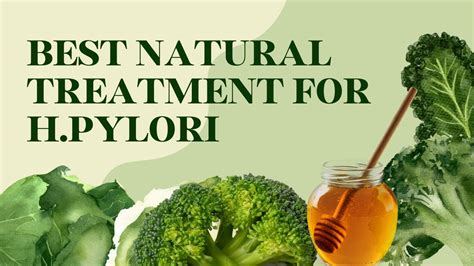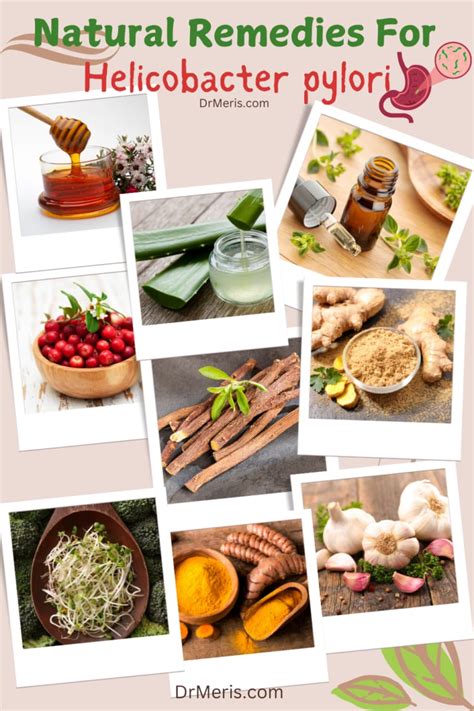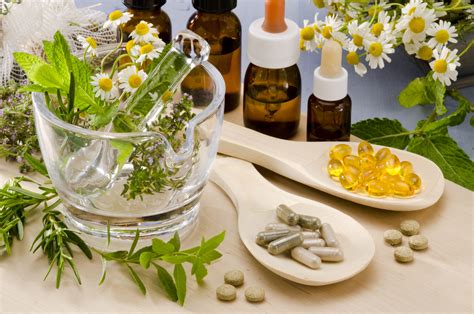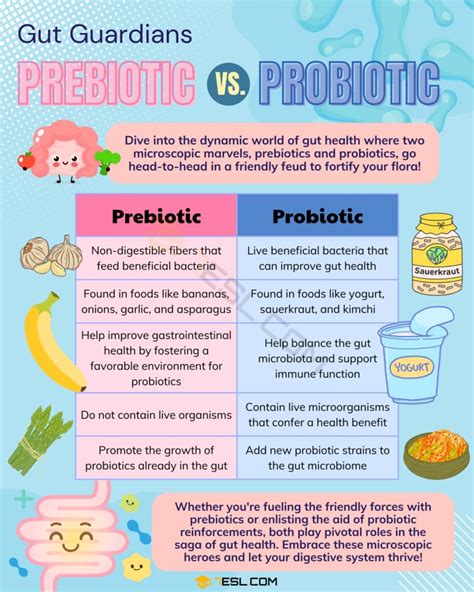Intro
Discover natural remedies to treat H Pylori infection, including dietary changes, herbal supplements, and probiotics, to alleviate symptoms and promote gut health, eliminating bacteria and reducing inflammation.
The discovery of Helicobacter pylori (H. pylori) has revolutionized our understanding of gastrointestinal diseases, particularly peptic ulcers and gastric cancer. For decades, the medical community believed that stress and spicy foods were the primary causes of stomach ulcers. However, the identification of H. pylori as a major culprit has led to a paradigm shift in the treatment and management of these conditions. While conventional treatments often involve antibiotics and acid-suppressing medications, many individuals are seeking alternative approaches to treat H. pylori naturally.
The importance of addressing H. pylori infections cannot be overstated. If left untreated, this bacterium can lead to chronic inflammation, ulcers, and even gastric cancer. Moreover, H. pylori infections are estimated to affect over 50% of the global population, making it a significant public health concern. As a result, there is a growing interest in natural treatments that can help alleviate symptoms, reduce inflammation, and promote healing. In this article, we will delve into the world of natural remedies for H. pylori, exploring the benefits, working mechanisms, and practical applications of these approaches.

Understanding H. Pylori Infections
To effectively treat H. pylori naturally, it is essential to understand the underlying mechanisms of infection. H. pylori is a type of bacteria that thrives in the acidic environment of the stomach. It produces enzymes that break down the stomach lining, leading to inflammation, ulcers, and potentially, gastric cancer. The bacteria can be transmitted through contaminated food, water, or close contact with an infected individual. Symptoms of H. pylori infections may include abdominal pain, bloating, nausea, and vomiting.

Risk Factors and Complications
Several risk factors increase the likelihood of developing an H. pylori infection. These include poor hygiene, contaminated food and water, and close living quarters. Additionally, individuals with a family history of H. pylori infections or gastric cancer are more susceptible to developing the condition. If left untreated, H. pylori infections can lead to severe complications, such as peptic ulcers, gastric cancer, and malabsorption of essential nutrients.

Natural Treatments for H. Pylori
While conventional treatments often involve antibiotics and acid-suppressing medications, natural approaches can provide a complementary or alternative solution for managing H. pylori infections. Some of the most effective natural treatments include:
- Probiotics: Beneficial bacteria such as Lactobacillus and Bifidobacterium can help restore the balance of gut flora, reducing inflammation and promoting healing.
- Omega-3 fatty acids: These anti-inflammatory fatty acids, found in fish oil and flaxseed oil, can help reduce inflammation and promote tissue repair.
- Turmeric: Curcumin, a compound found in turmeric, has potent anti-inflammatory and antioxidant properties, making it an effective natural remedy for reducing inflammation and promoting healing.
- Ginger: Ginger has natural anti-inflammatory properties, which can help reduce inflammation and alleviate symptoms of H. pylori infections.

Dietary Changes
Dietary changes can play a crucial role in managing H. pylori infections. A diet rich in fruits, vegetables, and whole grains can provide essential nutrients and antioxidants, helping to reduce inflammation and promote healing. Additionally, avoiding trigger foods such as spicy, fatty, or acidic foods can help alleviate symptoms. Some of the most beneficial foods for H. pylori infections include:
- Cruciferous vegetables: Broccoli, cauliflower, and kale contain compounds that have been shown to inhibit the growth of H. pylori.
- Berries: Berries such as blueberries, raspberries, and strawberries are rich in antioxidants and may help reduce inflammation.
- Green tea: Green tea contains catechins, which have been shown to have anti-inflammatory and antioxidant properties.

Supplements and Herbs
Several supplements and herbs have been shown to have antibacterial and anti-inflammatory properties, making them effective natural remedies for H. pylori infections. Some of the most commonly used supplements and herbs include:
- Vitamin C: Vitamin C has been shown to have antibacterial properties and may help reduce the severity of H. pylori infections.
- Zinc: Zinc is an essential mineral that plays a crucial role in immune function and may help reduce inflammation.
- Mastic gum: Mastic gum, derived from the resin of the mastic tree, has been shown to have antibacterial properties and may help reduce H. pylori colonization.
- Licorice root: Licorice root has anti-inflammatory properties and may help reduce inflammation and promote healing.

Probiotics and Prebiotics
Probiotics and prebiotics can play a crucial role in managing H. pylori infections by restoring the balance of gut flora and promoting a healthy gut microbiome. Probiotics are live bacteria and yeasts that are similar to the beneficial microorganisms found in the gut, while prebiotics are non-digestible fibers that help feed the beneficial bacteria. Some of the most effective probiotics and prebiotics for H. pylori infections include:
- Lactobacillus acidophilus: This probiotic strain has been shown to have antibacterial properties and may help reduce H. pylori colonization.
- Bifidobacterium bifidum: This probiotic strain has been shown to have anti-inflammatory properties and may help reduce inflammation.
- Inulin: Inulin is a prebiotic fiber that can help feed the beneficial bacteria, promoting a healthy gut microbiome.

Conclusion and Next Steps
Treating H. pylori naturally requires a comprehensive approach that incorporates dietary changes, supplements, and lifestyle modifications. By understanding the underlying mechanisms of infection and using natural remedies, individuals can reduce inflammation, promote healing, and alleviate symptoms. While natural approaches can be effective, it is essential to consult with a healthcare professional before starting any new treatment regimen. Additionally, individuals should be aware of the potential risks and benefits associated with each natural remedy and take steps to prevent reinfection.

We invite you to share your thoughts and experiences with natural treatments for H. pylori infections. Have you tried any of the remedies mentioned in this article? What were your results? Share your story in the comments below, and let's work together to promote a healthier and more natural approach to managing H. pylori infections.
What are the symptoms of H. pylori infections?
+Symptoms of H. pylori infections may include abdominal pain, bloating, nausea, and vomiting. In severe cases, H. pylori infections can lead to peptic ulcers, gastric cancer, and malabsorption of essential nutrients.
How can I prevent H. pylori infections?
+To prevent H. pylori infections, practice good hygiene, avoid contaminated food and water, and avoid close contact with individuals who have H. pylori infections. Additionally, a diet rich in fruits, vegetables, and whole grains can provide essential nutrients and antioxidants, helping to reduce inflammation and promote healing.
Can natural remedies cure H. pylori infections?
+While natural remedies can help alleviate symptoms and reduce inflammation, they may not completely cure H. pylori infections. It is essential to consult with a healthcare professional before starting any new treatment regimen and to monitor progress regularly.
What are the benefits of using probiotics for H. pylori infections?
+Probiotics can help restore the balance of gut flora, reducing inflammation and promoting healing. Additionally, probiotics can help alleviate symptoms such as bloating, nausea, and abdominal pain.
Can I use natural remedies in conjunction with conventional treatments?
+Yes, natural remedies can be used in conjunction with conventional treatments. However, it is essential to consult with a healthcare professional before starting any new treatment regimen to ensure safe and effective use.
